Understanding Cognitive Clarity in Aging: A Rising Concern for Seniors
As the global population ages, cognitive clarity has become an increasingly vital health concern. Seniors, particularly those aged 60 and older, often experience varying degrees of cognitive decline—ranging from mild forgetfulness to more serious conditions like dementia or Alzheimer’s disease. Maintaining mental sharpness, quick decision-making skills, and stable memory recall can dramatically improve quality of life, prolong independence, and enhance overall emotional wellbeing.
You may also like: How to Choose the Best Brain Supplements for Adults: Science-Backed Ingredients That Support Focus, Memory, and Mental Clarity
Aging naturally affects neurotransmitter activity, neuronal plasticity, and blood flow to the brain. These physiological changes contribute to slower processing speeds and reduced mental stamina, which can be frustrating for individuals who previously enjoyed agile cognitive performance. Consequently, older adults and their caregivers are turning to dietary supplements, specifically multivitamins for seniors, to support mental vitality and clarity.
At the same time, a parallel interest has emerged around nootropics, sometimes called “smart drugs,” and more potent pharmaceutical options—including attention deficit hyperactivity disorder cognition enhancing medication and narcolepsy cognition enhancing medication. The surge in interest has prompted broader inquiries into the safety, legality, and effectiveness of these options, including the ethical implications of brain doping drugs in both academic and professional settings.
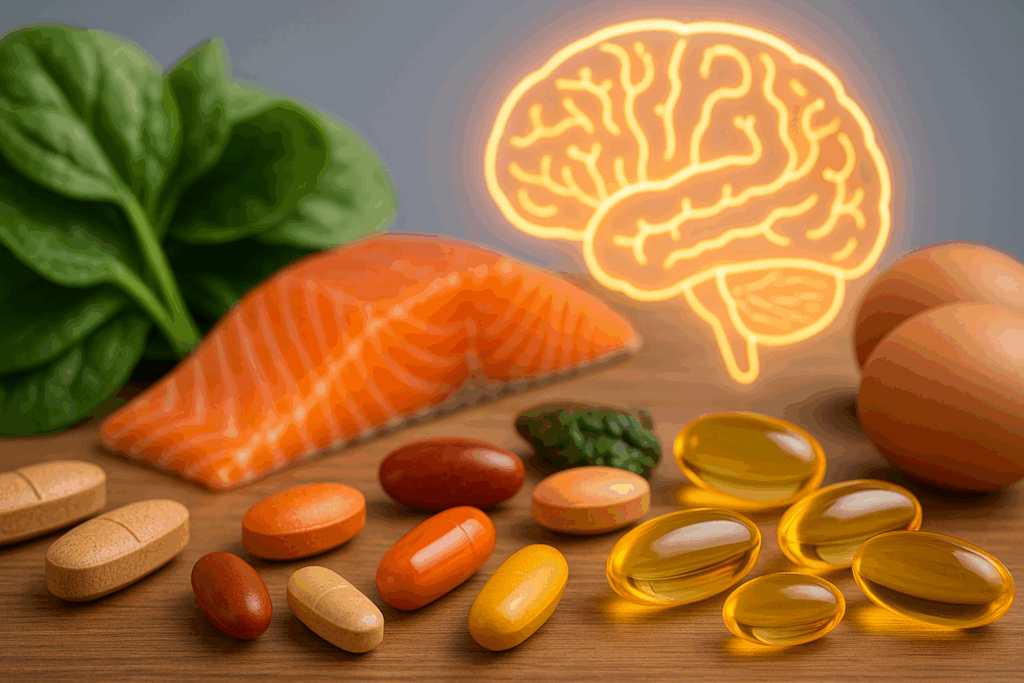
The Role of Multivitamins in Supporting Cognitive Clarity
Multivitamins designed for seniors typically include a blend of essential nutrients—such as B-complex vitamins, vitamin D, vitamin E, omega-3 fatty acids, and minerals like zinc and magnesium. These compounds play significant roles in maintaining brain health. For example, B12 and folic acid are critical for homocysteine regulation, a factor linked to brain atrophy and impaired memory when elevated.
Clinical studies suggest that seniors with nutritional deficiencies often perform poorly on cognitive tasks. In a large-scale meta-analysis published in the journal Neurobiology of Aging, older adults who supplemented with a multivitamin rich in B-complex nutrients and antioxidants reported improved short-term memory and executive function compared to those who did not.
What distinguishes multivitamins for seniors from generic formulations is the targeted dosage and inclusion of neuroprotective ingredients. Vitamin D3, for instance, supports synaptic plasticity and helps modulate inflammation, while vitamin E’s antioxidant properties combat oxidative stress—one of the key drivers of age-related cognitive decline.
While these findings are promising, it’s important to remember that multivitamins are not miracle cures. Rather, they serve as foundational support for maintaining neural integrity, especially when combined with lifestyle habits such as regular exercise, a balanced diet, and adequate sleep.
How Legal Nootropics Complement Senior Brain Health
The term “nootropic” refers to any substance—natural or synthetic—that enhances cognitive function without causing significant side effects. Legal nootropics, as sold over the counter or as dietary supplements, are increasingly popular among aging populations seeking to extend mental clarity. These include ingredients like L-theanine, citicoline, Bacopa monnieri, and phosphatidylserine, many of which are backed by clinical evidence for their neuroprotective properties.
For instance, phosphatidylserine has been shown to support memory recall and attention span in older adults, while Bacopa monnieri may reduce anxiety and boost processing speed. L-theanine, derived from green tea, fosters a calm state of alertness that can help counteract age-related mental fatigue without sedation. These compounds are often included in multivitamin stacks or standalone products marketed as brain support supplements.
One of the chief concerns surrounding the use of legal nootropics in older populations is potential interaction with prescription medications. Since seniors are more likely to be on long-term pharmacological treatments for conditions like hypertension, diabetes, or arthritis, it is essential to consult healthcare providers before incorporating these substances.
That said, for otherwise healthy seniors, legal nootropics can offer a safe, effective means to enhance cognitive performance naturally. Importantly, these compounds support functions like verbal fluency and working memory—abilities that often diminish subtly but significantly over time.
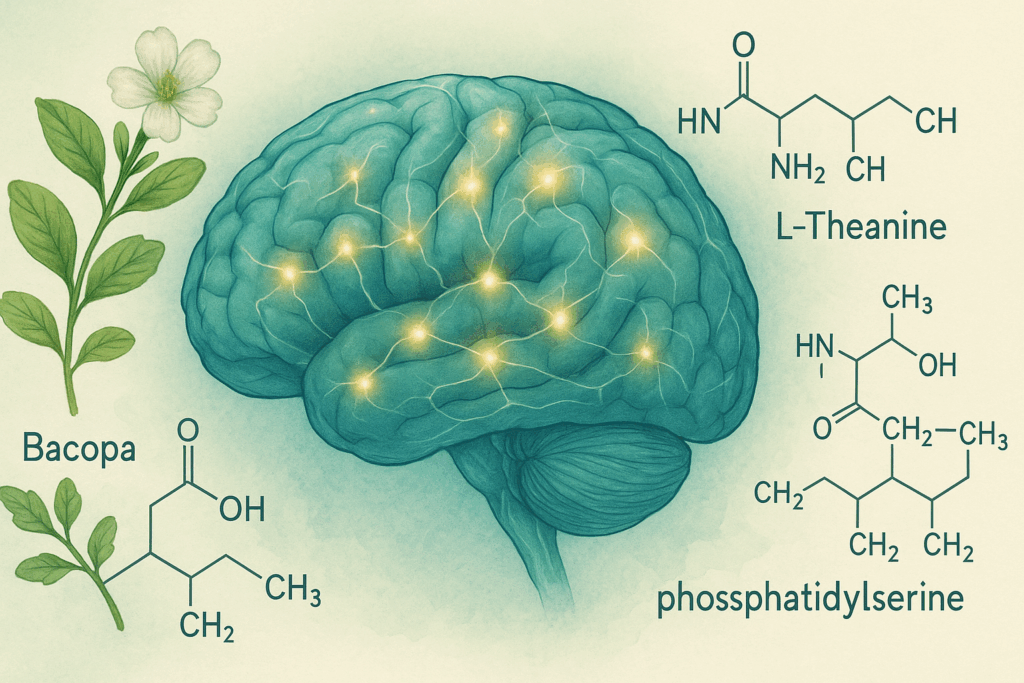
Brain Doping Drugs and the Ethics of Enhancement
The phrase “brain doping drugs” refers to pharmaceutical compounds originally developed for clinical conditions but now widely used by healthy individuals for cognitive enhancement. These drugs include methylphenidate (Ritalin), modafinil, and amphetamines like Adderall—all commonly prescribed as attention deficit hyperactivity disorder cognition enhancing medications or narcolepsy cognition enhancing medications.
Among younger populations, these drugs are often misused in academic or competitive professional environments to improve concentration and mental endurance. But an emerging trend is the off-label use of these brain doping drugs by seniors who wish to regain youthful cognitive sharpness or manage early signs of mild cognitive impairment.
From a scientific perspective, these medications indeed enhance focus, wakefulness, and task execution—effects that are particularly beneficial for people diagnosed with attention deficit hyperactivity disorder or narcolepsy. However, their use by healthy individuals raises complex questions about safety, dependency, and ethics.
For seniors, the risks associated with these medications can be even greater. Stimulants like Adderall may exacerbate cardiovascular conditions or interact negatively with antidepressants and blood thinners. Furthermore, long-term use without medical oversight can lead to tolerance, psychological dependence, and even sleep disturbances, undermining the very clarity they are meant to enhance.
Ethically, the debate centers on whether access to such pharmacological tools creates unfair advantages or represents an evolution of self-care in a cognitively demanding world. Either way, brain doping drugs are not benign. Their misuse among aging populations is a growing concern for clinicians and ethicists alike, particularly when multivitamins and legal nootropics offer less invasive alternatives.
Exploring Attention Deficit Hyperactivity Disorder Cognition Enhancing Medication in Later Life
Attention deficit hyperactivity disorder cognition enhancing medication, typically prescribed during childhood or adolescence, is increasingly being considered for adults, including seniors. Though once thought to be a disorder confined to youth, ADHD persists into adulthood for many, with symptoms manifesting as difficulty concentrating, forgetfulness, and disorganization—traits that can also be confused with age-related cognitive decline.
In this context, medications such as methylphenidate and lisdexamfetamine are sometimes explored for their potential to improve executive function in older adults. These drugs boost dopamine and norepinephrine levels in the brain, neurotransmitters closely linked to attention, motivation, and memory.
A limited number of clinical trials have tested the efficacy of attention deficit hyperactivity disorder cognition enhancing medication in older populations. Results are mixed but indicate some improvements in working memory and task management. However, side effects such as increased heart rate, insomnia, and irritability remain a concern, especially among individuals with comorbidities common in late adulthood.
Seniors considering such interventions must undergo rigorous evaluation to distinguish between true ADHD and cognitive changes resulting from aging or other neurological conditions. The risk-benefit equation must be carefully calculated in collaboration with a geriatric psychiatrist or neurologist before pursuing pharmacological treatment.
The Complex Case for Narcolepsy Cognition Enhancing Medication Among Seniors
Narcolepsy, while rare, can have a profound effect on cognitive performance due to its primary symptom: excessive daytime sleepiness. Narcolepsy cognition enhancing medication—such as modafinil, armodafinil, and sodium oxybate—works by stimulating the central nervous system, helping individuals stay awake and alert throughout the day.
For seniors, daytime drowsiness is often attributed to poor sleep hygiene, side effects from other medications, or age-related shifts in circadian rhythm. However, in some cases, undiagnosed narcolepsy or idiopathic hypersomnia may be at the root of persistent mental fog, lethargy, or fragmented memory. In such scenarios, narcolepsy cognition enhancing medication may offer therapeutic benefit.
Studies have shown that modafinil improves not only wakefulness but also higher-order cognitive functions such as decision-making, reaction time, and even emotional processing. Importantly, modafinil has a lower abuse potential than traditional stimulants and tends to have a more favorable side-effect profile.
Still, the use of narcolepsy cognition enhancing medication in the elderly must be approached with caution. Dosing may need to be adjusted due to slower metabolic rates, and patients must be monitored for hypertension, anxiety, or dehydration. Despite these concerns, when prescribed judiciously, these medications may offer seniors a renewed sense of mental clarity and vitality.

Are Nootropics Legal? Navigating the Regulatory Landscape
One of the most frequently asked questions in the world of brain supplements is: are nootropics legal? The answer is multifaceted. In many countries, over-the-counter nootropics like L-theanine, ginkgo biloba, and Rhodiola rosea are legally sold as dietary supplements. However, synthetic compounds such as modafinil or racetams often fall into regulatory grey areas, with legality depending on the country and intended use.
In the United States, the Food and Drug Administration (FDA) does not formally recognize most nootropics as either food or drugs. As a result, they are largely unregulated and marketed under the supplement category—provided they do not make direct claims to cure or treat disease. This lack of oversight has led to concerns about product purity, dosage accuracy, and potential adulteration with unlisted ingredients.
For seniors exploring cognitive enhancement options, understanding the legal framework is essential. Purchasing from reputable sources, checking third-party lab certifications, and avoiding products that make exaggerated claims are all prudent strategies.
Beyond legality, there’s also a growing conversation about the ethical and social implications of nootropic use. Are nootropics legal? Yes, often they are—but legality does not necessarily equate to safety or efficacy. Consumers, especially vulnerable ones like older adults, must be well-informed and cautious.
Comparing the Cognitive Enhancement Spectrum: From Vitamins to Pharmaceuticals
At one end of the cognitive enhancement spectrum are multivitamins—safe, accessible, and well-tolerated by most individuals. At the other extreme lie brain doping drugs and high-potency narcolepsy cognition enhancing medications, which may offer significant benefits but also come with substantial risks. In between lies a broad category of legal nootropics, straddling the line between nutrition and pharmacology.
Multivitamins offer broad-spectrum nutritional support, ideal for seniors with dietary gaps or age-related nutrient malabsorption. Legal nootropics present targeted cognitive benefits, especially for improving attention, recall, and mental clarity. Pharmaceuticals, while potent, should generally be reserved for medically diagnosed conditions and administered under supervision.
It’s not unusual for seniors to explore combinations of these interventions. A common regimen might include a daily senior multivitamin, an herbal nootropic for energy and memory, and in select cases, physician-prescribed medication for diagnosed attention deficit hyperactivity disorder or narcolepsy.
Understanding how these tools interact—biochemically and contextually—is essential for maximizing benefits and minimizing harm. Each category has its place, but the most effective cognitive health strategies are those that integrate medical oversight, individualized care, and lifestyle optimization.
Building a Safer Path Forward: Integrative Cognitive Health for Seniors
Seniors seeking to preserve or enhance cognitive clarity are no longer confined to a single approach. Instead, they have access to a wide array of strategies—ranging from nutrition-based supplements to advanced pharmacological options. When used judiciously and under professional guidance, these tools can work synergistically to protect brain health and extend mental acuity well into the golden years.
However, education and self-awareness are key. Misusing brain doping drugs, misunderstanding whether are nootropics legal in your jurisdiction, or inappropriately turning to attention deficit hyperactivity disorder cognition enhancing medication without a diagnosis can lead to unintended consequences. Likewise, failing to address basic nutritional deficiencies may undermine more aggressive interventions.
Ultimately, supporting cognitive clarity in seniors is not about quick fixes or miracle pills. It’s about crafting a sustainable, personalized plan that addresses the root causes of cognitive decline—whether they are physiological, nutritional, or neurological in nature. By integrating multivitamins, lifestyle changes, and, when needed, prescription medications like narcolepsy cognition enhancing medication, seniors can build a comprehensive defense against mental fog and age-related decline.
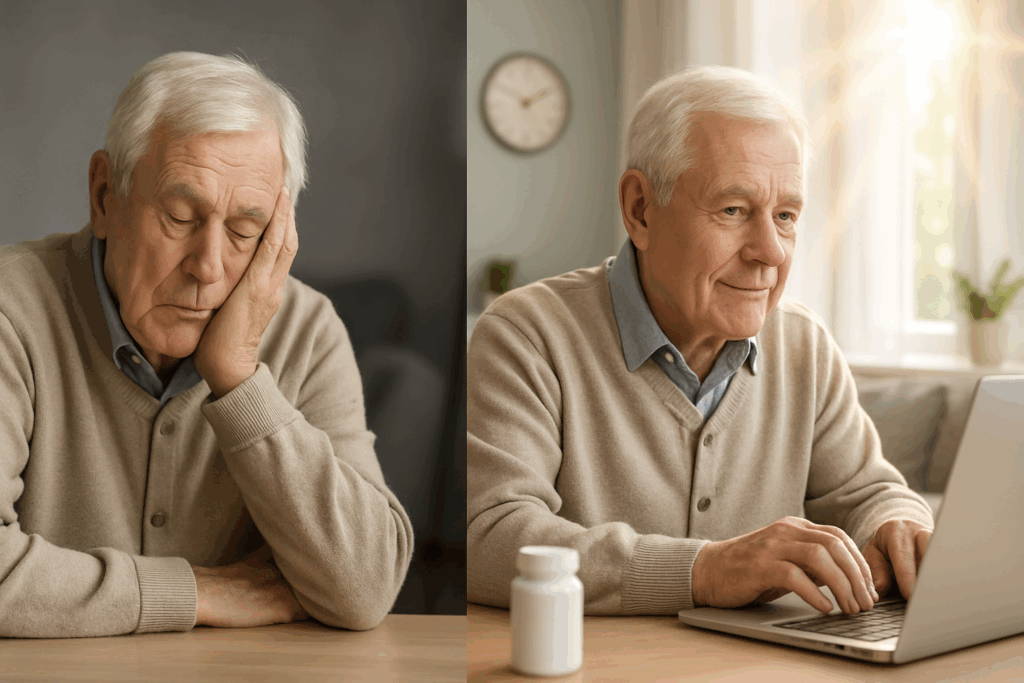
Frequently Asked Questions: Enhancing Focus, Cognition, and Legal Alternatives to Cognitive Medications
1. Can narcolepsy cognition enhancing medication improve productivity in individuals without narcolepsy?
Using narcolepsy cognition enhancing medication in individuals without the condition is not only medically unapproved but may also pose significant ethical and legal concerns. While some off-label users report heightened alertness or focus, the cognitive enhancements are often temporary and come with risks like dependence, cardiovascular strain, or mood dysregulation. Importantly, these drugs are tailored for those with a clinical sleep disorder, not healthy individuals seeking performance boosts. Safer alternatives include regulated nootropic supplements, cognitive training, or natural strategies like chronotherapy. Always consult with a sleep specialist or neurologist before considering such off-label use.
2. Are nootropics legal in every country, or do regulations vary?
The answer largely depends on the country’s regulatory agency. In the United States, many nootropics are classified as dietary supplements and thus are legal to purchase and consume. However, substances like modafinil or piracetam fall into a gray area—available with prescriptions in some countries and completely banned in others. In the UK and much of the EU, stricter rules often categorize these compounds as prescription-only or controlled substances. When asking “are nootropics legal,” one must consider local jurisdiction, import laws, and even how customs interpret specific compound derivatives. Researching region-specific regulations is crucial before purchasing.
3. How do attention deficit hyperactivity disorder cognition enhancing medications affect long-term brain development?
Attention deficit hyperactivity disorder cognition enhancing medications, such as stimulants, can significantly improve attention and impulse control in diagnosed individuals. However, emerging studies suggest that prolonged use during adolescence—especially without medical supervision—may influence brain plasticity, dopamine regulation, and stress response systems. While these medications can promote academic and occupational stability, misuse or unmonitored long-term usage may blunt emotional regulation or foster dependency. Neuroimaging has revealed both functional benefits and concerns about overreliance. It’s essential to have ongoing assessments with a psychiatrist to balance therapeutic benefits against neurological development risks.
4. Are there ethical concerns around the use of brain doping drugs in academic and professional settings?
Absolutely. The term “brain doping drugs” encompasses prescription stimulants and unapproved cognitive enhancers used to gain a competitive edge. These raise ethical red flags similar to steroids in sports—where performance is artificially enhanced, possibly disadvantaging those who choose not to use such substances. Academic institutions are increasingly discussing fairness, informed consent, and the coercive pressure students may feel to keep up. Moreover, access inequality means some individuals benefit while others cannot afford or legally obtain these drugs. Promoting a culture of transparency and exploring safer, legal alternatives is an emerging focus for educational ethics boards.
5. How are companies navigating the rising demand for legal narcolepsy cognition enhancing medication in tech and finance sectors?
Industries known for high cognitive demands, such as tech and finance, are witnessing increased interest in legal narcolepsy cognition enhancing medication—even among professionals without diagnosed sleep disorders. To navigate this, some companies are offering wellness programs, sleep optimization workshops, and cognitive training as healthier alternatives. Others monitor prescription trends through occupational health programs to prevent abuse. Legal frameworks and HR policies are also evolving to distinguish between legitimate therapeutic use and unethical enhancement. The growing interest reflects a broader societal shift toward cognitive self-optimization—but one that must be balanced with regulatory compliance and employee safety.
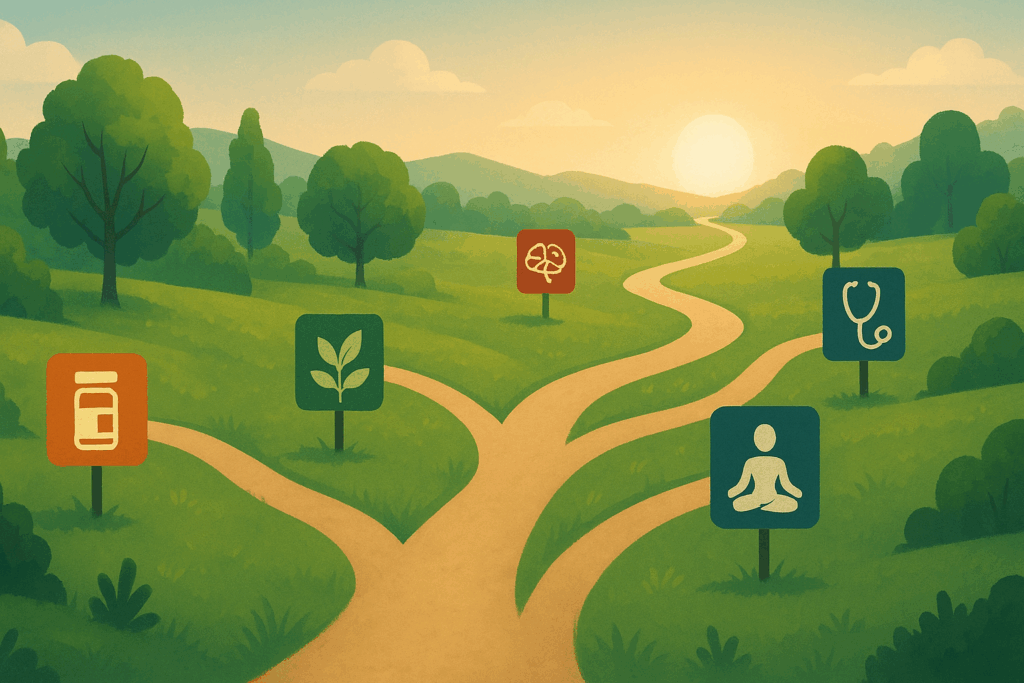
6. What are some lesser-known natural alternatives to attention deficit hyperactivity disorder cognition enhancing medications?
Beyond omega-3s and caffeine, several lesser-known compounds show promise. Rhodiola rosea, for instance, is an adaptogen that may improve stress resilience and executive functioning. Citicoline and uridine monophosphate support acetylcholine synthesis, a key neurotransmitter in attention circuits. Additionally, biofeedback-based neurotraining is gaining traction as a drug-free tool to improve focus and working memory. While these do not replace clinical treatment for ADHD, they may support cognitive health in those looking to avoid pharmacological interventions. Always pair such strategies with behavioral therapy for a comprehensive approach.
7. Are nootropics legal for minors or adolescents under medical supervision?
Most nootropic supplements are not recommended for individuals under 18 due to insufficient safety data and unclear long-term effects. However, attention deficit hyperactivity disorder cognition enhancing medications may be prescribed to adolescents under psychiatric supervision. In clinical settings, specialists weigh benefits against developmental concerns such as dependency risk or appetite suppression. Some countries outright prohibit nootropic sales to minors, even when labeled as supplements. When questioning “are nootropics legal” for youth, it’s critical to distinguish between over-the-counter supplements and controlled substances requiring medical approval.
8. How can professionals responsibly use brain doping drugs without crossing legal or ethical lines?
Responsible use starts with a prescription from a licensed medical provider based on a confirmed diagnosis—be it narcolepsy, ADHD, or another condition. Brain doping drugs should never be shared, purchased off-market, or used as productivity crutches. Instead, consider pairing prescribed medications with lifestyle changes like strategic napping, task chunking, or mindfulness-based cognitive enhancement. Professionals should also be aware of workplace drug policies and disclosure protocols. Documenting therapeutic need and adhering to ethical guidelines protects both individual well-being and workplace integrity.
9. What trends are emerging in research for safe, non-addictive alternatives to narcolepsy cognition enhancing medication?
Pharmaceutical researchers are increasingly exploring compounds that modulate orexin (hypocretin) receptors without the addictive properties of current stimulants. Non-dopaminergic wake-promoting agents are also in development to reduce cardiovascular risks and dependency. Additionally, wearable tech integrating light therapy and circadian modulation may reduce the need for narcolepsy cognition enhancing medication altogether. Future innovations may include AI-driven alertness monitoring combined with personalized supplement stacks. The goal is to develop safer, more precise tools to address sleep-wake disorders without the pitfalls of traditional stimulants.
10. Could widespread off-label use of attention deficit hyperactivity disorder cognition enhancing medications redefine societal norms around productivity?
Yes—and this is already happening in high-pressure environments like academia and Silicon Valley. The normalization of these drugs can shift societal expectations around sustained focus, multitasking, and output efficiency. This phenomenon, sometimes referred to as “neurocapitalism,” may deepen inequalities between those who can access such enhancements and those who cannot. As attention deficit hyperactivity disorder cognition enhancing medications become more widely used off-label, we risk redefining what’s considered “normal” cognitive capacity. Balancing innovation with ethical oversight will be critical to ensure that progress doesn’t come at the cost of human health or fairness.
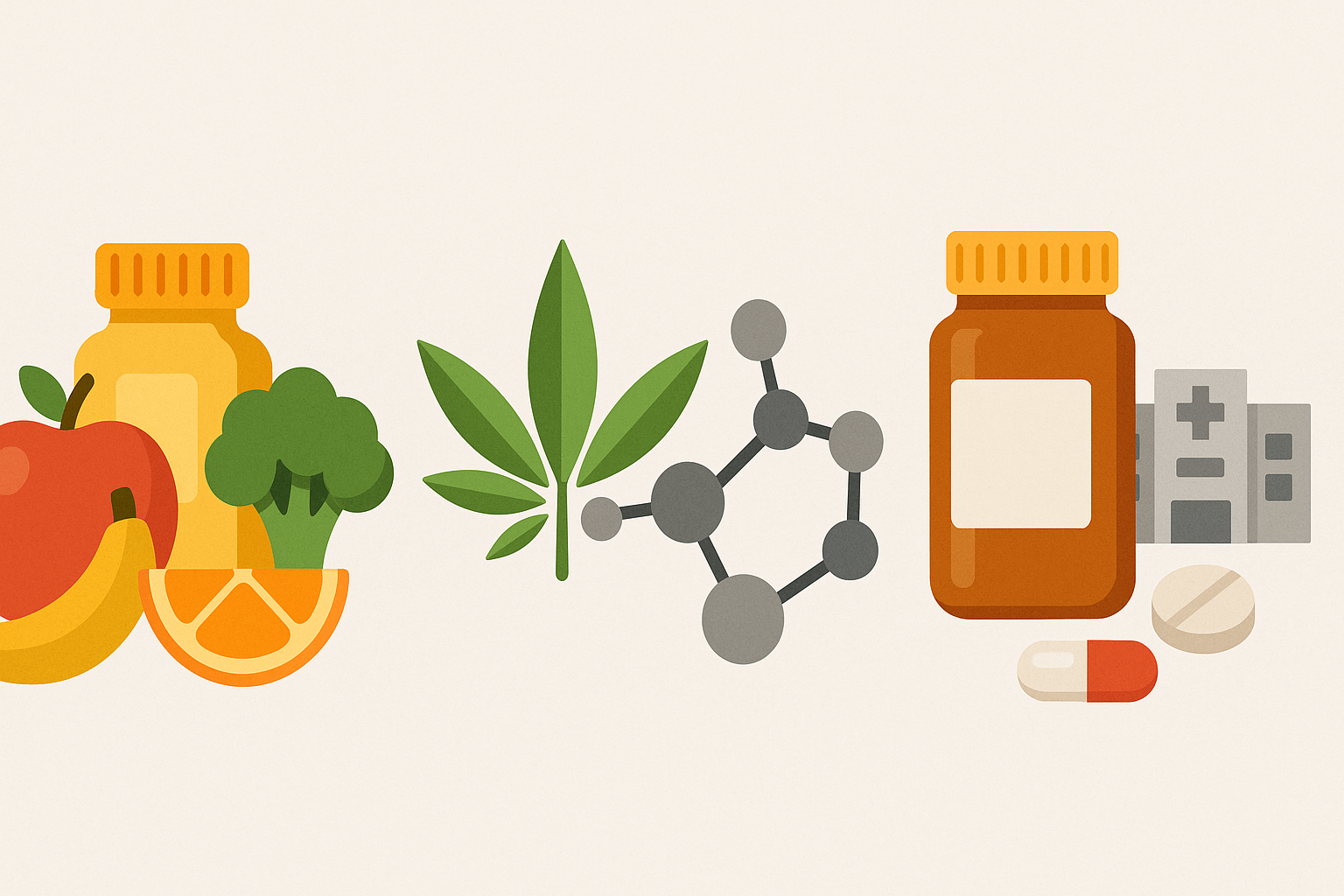
Conclusion: Multivitamins, Nootropics, and Medication—A Holistic Approach to Cognitive Clarity
In conclusion, the journey to cognitive clarity in aging is not a one-size-fits-all endeavor. Multivitamins for seniors offer foundational nutritional support, particularly when formulated with cognition in mind. Legal nootropics provide a middle ground for enhancement without dependency, while prescription medications like narcolepsy cognition enhancing medication and attention deficit hyperactivity disorder cognition enhancing medication offer targeted treatment for clinically significant symptoms.
However, each path comes with its own risks, responsibilities, and ethical considerations. Are nootropics legal? In many cases, yes—but legality should never replace due diligence. Brain doping drugs might enhance performance, but their safety in older adults remains contentious without medical supervision. The most sustainable approach to cognitive enhancement in seniors is one that blends science, safety, and self-awareness.
By making informed decisions and consulting with healthcare professionals, seniors can harness the full spectrum of tools available to support mental clarity. In doing so, they not only protect their cognitive health but also reclaim agency over their aging process—living not just longer, but sharper and more purposefully.


